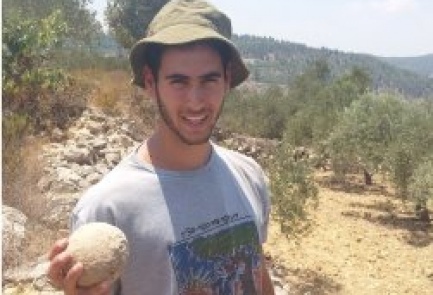
Bara’a Abed, from East Jerusalem, said when she saw the benefits her husband had received from the country as a soldier — including money for education, healthcare and job opportunities — she decided she wanted the same for herself. Abed works at the Interior Ministry, where she helps Arabic speakers navigate processes such as renewing IDs and getting travel documents.
A., 21, from the East Jerusalem refugee camp of Shuafat, was surfing the internet and happened upon the website for Israel’s national service. He applied and was accepted to help Arabic speakers at the Interior Ministry.
While the Muslims in particular fear negative and even abusive reactions from their community, they want the national service benefits which are the same as soldiers: around $209 monthly, free healthcare, free use of public transportation, and a $2,880 grant at the end of their service for every year served. 85% of Arab volunteers find good jobs afterwards.
Sar Shalom Gerbi, general director of Israel’s national service, said Arab volunteers can find themselves in “tough situations.” He listed a litany of incidents of abuse against Arab volunteers, including name-calling, expulsion from school, and bricks thrown at their cars. Despite a few suffering such threats, most have the blessing of their families.
Arab volunteers are intentionally placed where they can help their own communities — like Arab schools or hospitals with many Arabic speakers — and are able to live at home.
Zienab Abu Swaid, the coordinator for national service in the Arabic sector who is from a northern Bedouin community, said she joined after seeing the “wonderful” result of national service for her own nephews.
According to Abu Swaid, many Arabs do not volunteer just to receive the government freebies. “For many people it’s not about the benefits,” she said, “but about becoming more a part of Israeli society.”
